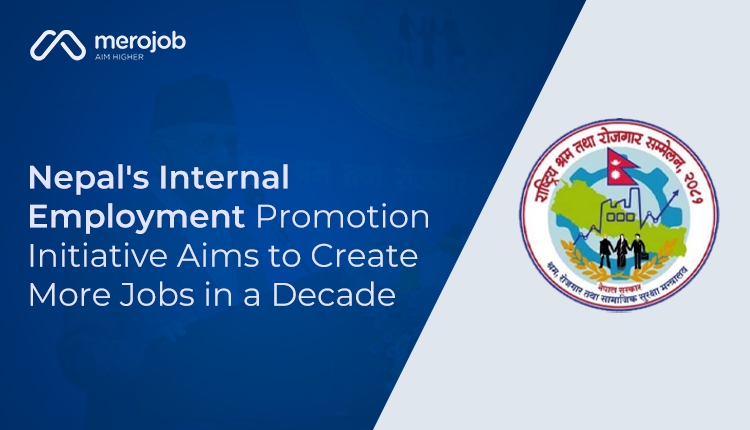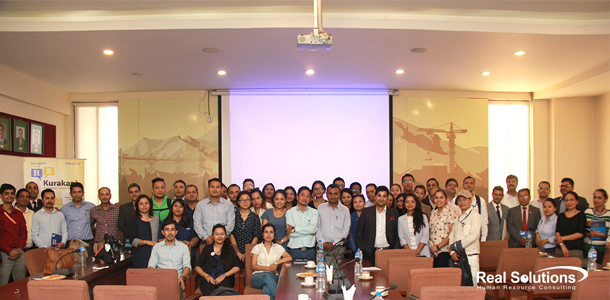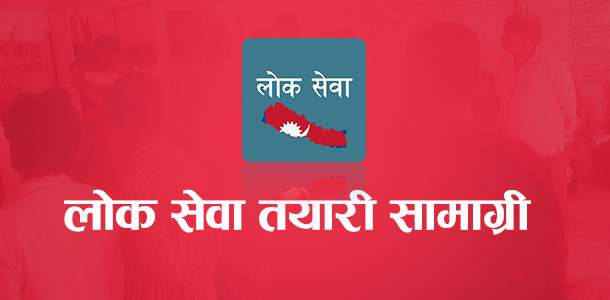My Skills, My Future symposium is an initiative by CareerPrep Nepal that brings together intellects of different industries, to provide a platform for young career aspirants to discuss the expectations and realities of various industries. Its primary aim is to help students set their career goals, improve their skills and provide information regarding the job market, to assist them in building a lucrative career for themselves.
The second installation of My Skills, My Future symposium, held at the Russian Centre of Science and Culture, Kamal Pokhari, conducted a panel discussion to share personal insights on how to achieve career success. The panel comprised of reputed personalities from NGO, IT and Education sectors of Nepal.
The panel discussion was helpful in identifying numerous problems found amongst young graduates in Nepal that limit their chances of building a successful career for themselves. The major highlights of the discussion were as follows:
1. An absence of soft skills: Most youngsters fresh out of college seems to have great technical skills specific to their area of study but lack the crucial soft skills that most employers seek in their employees. Skills in communication, critical thinking, leadership etc. are often absent in job seekers and working on these skills could set you apart from the masses to better your chances at achieving your career goals. Many employers claim that when recruiting, they are primarily only looking for these core skills, as most other job skills can be taught on the job itself.
2. Lack of self- learning: In Nepal, people often never put in extra effort to be better at their craft. They complete their required tasks in their 8 hrs job, do the things they are told, and remain with the same amount of skill-set for years and years. To achieve newer heights in one’s career, he or she must be curious and hungry to know more and do more. The lack of this self-learning could be a result of following career paths that one isn’t really interested in. Interest is the biggest factor in motivation to do more, and forcibly following career paths without proper research and knowledge can limit the arousal of one’s interest in a job, and this often leads to stagnation. Apart from gaining extra development in skills and knowledge, practicing self-learning often infuses independence in an individual and can also help with generating unique ideas that could boost your career.
3. The Education Perceptive: A major point highlighted
in the discussions that sheds light on why there is an absence of soft skills,
and also why there is a lack of self-learning is mainly due to our education
system. The Nepalese education system often focuses only on the need
to get good grades in academics but not so much in life-skills. Students are
often 'spoon-fed' the syllabus and much learning is done through rote methods.
This is the reason fresh graduates aren’t able to quickly adopt self- learning
and self-discipline which is crucial to advancing one’s career.
4. The craze for Entrepreneurship: There is a growing fad amongst teenagers and young adults to be an entrepreneur, although most of them can’t fully apprehend the meaning of the term. Most youngsters think entrepreneurship simply means being a boss, not having to answer to anyone and setting a cool persona for oneself. Such immature conceptions often lead to youngsters making wrong decisions or entering the work market with the wrong attitudes. An entrepreneur often has to work harder than the employees and often has to be answerable to shareholders’ investors, and employees. Moreover, an interesting point made in the discussion was that entrepreneurship is not a title but rather a mindset. Everyone can be an entrepreneur, - even employees. Finding solutions to do your work more efficiently or productively is in itself entrepreneurship.
5. Inflated Egos: It was pointed out amidst the
panel discussion that inflated egos amongst individuals are a common problem in
the Nepalese job market that causes huge setbacks to personal career growth.
Many Nepalese workers are unable to take feedback and criticisms positively,
especially if it comes from someone in a junior position. Having learned a few
tips and tricks regarding their craft, it is common for Nepalese workers to
develop a “know-it-all” attitude. Such an attitude is detrimental and it is
important to get into the habit of constructively accepting feedback and
criticisms. A positive attitude in such regards is important in obtaining
success.
My Skills, My Future symposium 2 was all-in-all an insightful event that definitely raised awareness on important career-related facts amongst its attendees. Putting such knowledge into practice would help individuals better manage their careers and possibly have a more fruitful career.

















